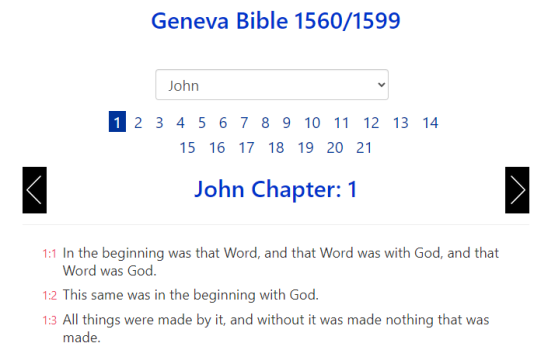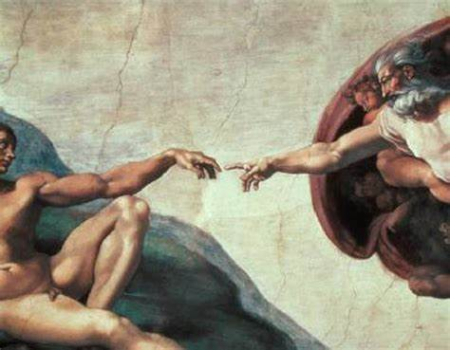I really think they would conclude they were praying to the same God, but of course I can be mistaken.
I was a Catholic, as well as my mother and sister. We prayed to one Agent, one Will, one Mind.
In my imagination, as in the imagination of millions of Catholics with little theological backgound, God was an old man up in heaven.
One old man. The one depicted by Michel Angelo in his painting creating Adam. That was the God I prayed to.
I knew enough theology as a child (derived from my devote attendance to catechism lessons) as to have provided a general answer to a general question on the topic we are avoiding. I would not have tried to explain it, because I knew it was a "mystery". However, I would have paid attention to the matter ONLY if asked by a priest or nun. Only in that exceptional context.
In my heart, I always prayed to a single Agent, and I know my mother and sister did.
Since the imagery of God as an old man on the sky is so prevalent among Catholics, I guess I was not alone in this regard.
When a Catholic starts praying "
Our Heavenly Father who art in heaven..." they visualize one Father.
View attachment 46134





